Why you need a condo certificate
You may have chosen to buy a condominium apartment for a number of reasons. Condos are often cheaper than stand-alone houses in big cities, and they often come with various features of their own such as a pool and workout facilities. They are also a commune, which means outside of your individual suite, you share your building with some other residents. When buying a condo, your lender may demand for a condo certificate.
What Is A Condo Certificate?
A Condo certificate assures a buyer that the budget for the apartment is in order, and that provision has been made for maintenance needs that could arise in the future. The certificate will therefore, contain information on any legal actions that may come up against the condo, insurance and any payments that are overdue. The certificate will also state the status of the building reserve fund, which is held to ensure that major repairs can be taken care of whenever the need arises.
The condo certificate is an important tool to ensure that the Board is spending your monthly fees judiciously and that there is a record of any fees that may not have been in agreement. Also, it is nice to know that if something major occurs in the building, the reserve is there to take care of it rather than the unexpected cost being borne by residents.
When negotiating to buy a condo, some things can go wrong.
Here are some important reasons that can make a condo deal may fall apart:
There Isn't Enough Money: The HOA must have enough money reserved to take handle needed repairs when the need arises. The HOA property must be insured, and some lenders require a minimum of liability insurance dollars. A minimum of 10% of annual budget should be allocated to annual reserves.
One Individual Owning Many Units: When one person owns multiple units in the condo complex, your lending institution may be concerned that if such a person defaults in HOA dues or files for bankruptcy, it could pose a serious threat to the HOA financial stability.
Many more Tenants than Homeowners
Most lenders are of the view that a complex occupied by a higher ratio of homeowners stands a better chance of being well cared for because each owner plays an active role in ensuring that the shared areas and the property as a whole are in good condition always.
What You Should Be Careful When Buying a Condo
It is important to note that most lenders will not give you a loan if:
The ratio of renters to owners is high
A large chunk of the units is owned by an individual
The HOA lacks financial reserves or insurance
Therefore Before sealing the deal, you should
Contact lenders in that area to see if you can get a loan for that condo complex.
Talk to a HOA representative that can give you an insight about the possible setbacks.
Give yourself enough time for a closing date in case you need to find another lender, your credit score and a large down payment can surely look more positively to a lender.

